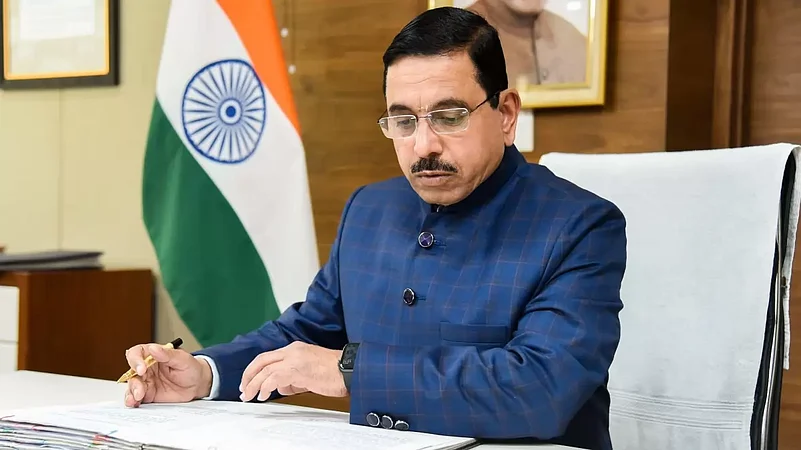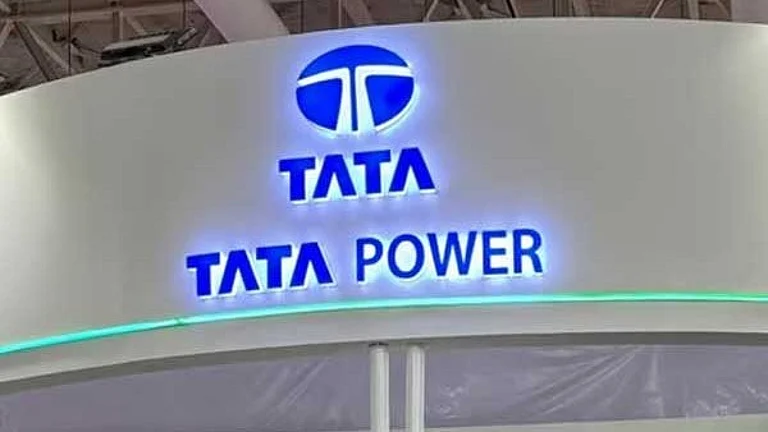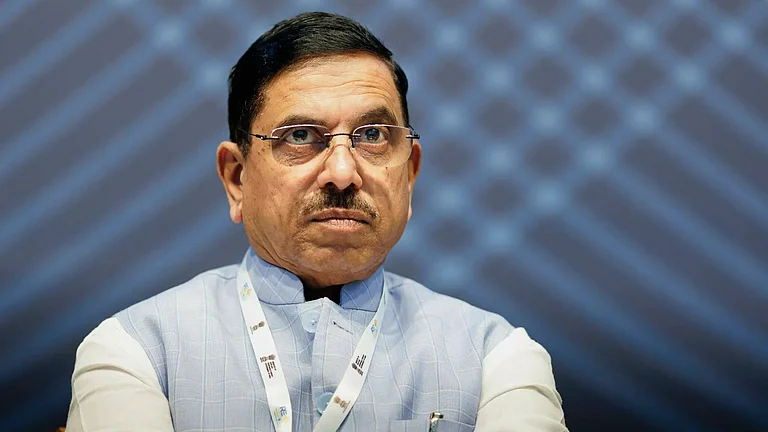The Union Minister for New and Renewable Energy Pralhad Joshi on Wednesday said that the government is aware of the issues surrounding Power Purchase Agreements (PPAs) and will soon hold meetings with state governments to resolve the issue.
While speaking at FICCI’s third India Energy Transition Summit he said that the issue of PPAs has been raised multiple times. “Soon, we will hold a meeting with all state governments and discuss this in our regional meeting to resolve the issue. Additionally, we will convene all relevant stakeholders shortly to ensure the execution of PPAs at the earliest,” he said.
Delay in PPAs for renewable energy projects occur when there is a holdup in formalizing agreements between power producers and utilities or buyers. Renewable energy projects cannot obtain funding without a completed PPA, which puts a stop to planning and construction. Due to cost increases and project uncertainty, such delays put developers and investors at greater financial risk.
However, experts believe that simply engaging with state governments may not be enough to resolve the issue. While some progress can be made in BJP-ruled states, the challenge will remain in non-BJP ruled states, where finding a solution could be more difficult.
“I’m not very optimistic about what these meetings will realistically achieve. The core issue is that we are dealing with financially struggling entities. Imposing additional procurement obligations on them, especially when they lack the capital to pay for it doesn’t make sense. No DISCOMs would willingly procure power it doesn't need unless a viable mechanism is introduced at the federal level, potentially through the Ministry of Power,” said an industry expert who doesn’t want to be named.
The Power distribution companies across the country incurred financial losses of Rs 68,832 crore in 2022-23. This amount is four times greater than the losses recorded in 2021-22 and is roughly equal to the annual budget of a state like Uttarakhand.
State governments offer subsidies to Discoms to ensure that domestic and agricultural consumers have access to affordable electricity. However, these payments are often delayed, causing cash flow issues and resulting in a build-up of debt.
































